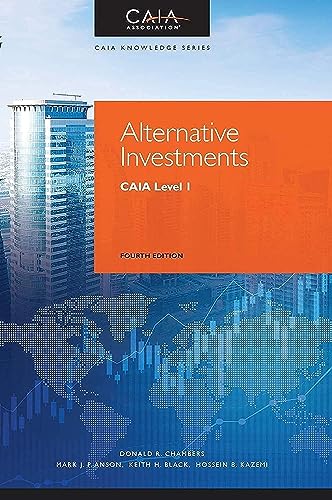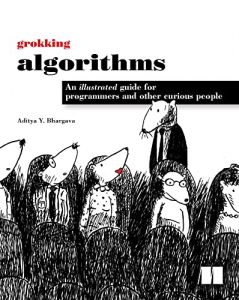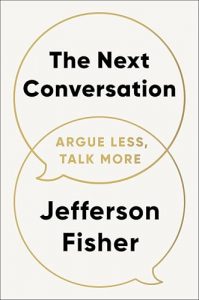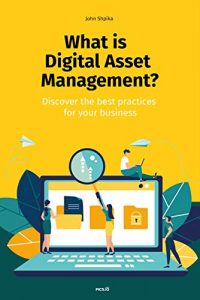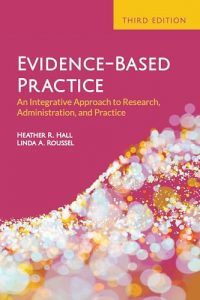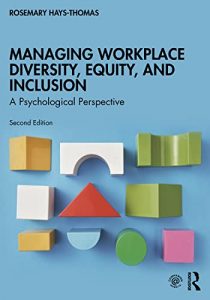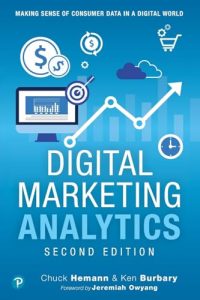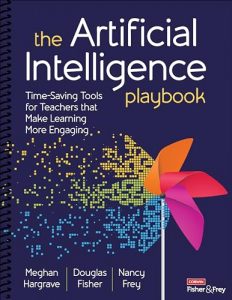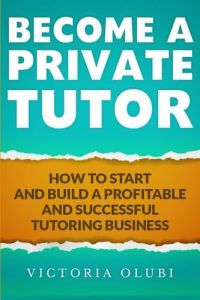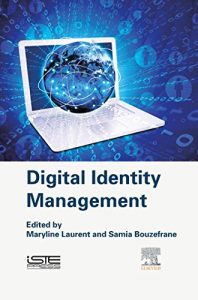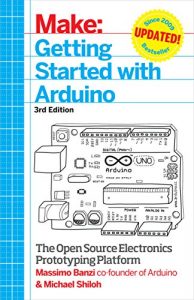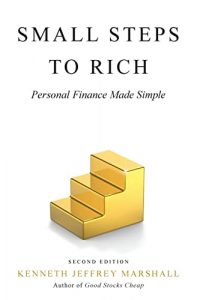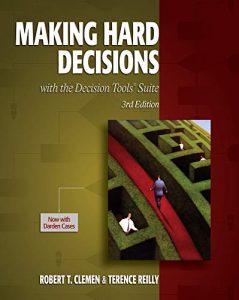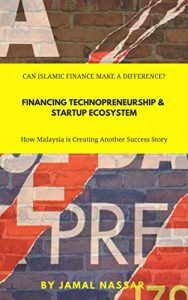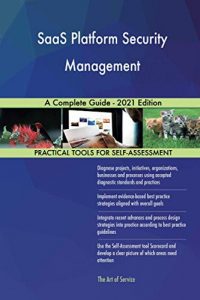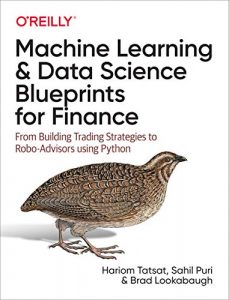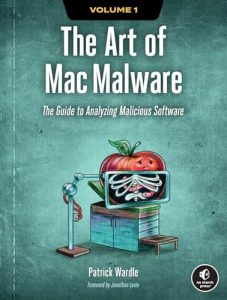Discover the World of Alternative Investments
In the ever-evolving landscape of finance, alternative investments are gaining prominence as key drivers for portfolio diversity and risk mitigation. Here are some must-read books that delve into this crucial aspect of wealth management.
1. Alternative Investments: CAIA Level I (Wiley Finance)
This book is an essential primer for anyone venturing into alternative investments. Authored by a team that includes renowned names like Donald R. Chambers and Keith H. Black, it offers a comprehensive overview of the CAIA Level I curriculum, making it indispensable for aspiring charterholders. With clear explanations and up-to-date information, it tackles various asset classes, including hedge funds and private equity, equipping readers with the necessary knowledge to navigate the intricate world of alternative investments. Whether you are a novice or a seasoned investor, this book will bolster your understanding and confidence.

2. Alternative Investments (CFA Institute Investment Series)
From the prestigious CFA Institute comes this comprehensive guide on alternative investments. It takes a deep dive into the theory and practice governing non-traditional assets, giving investors an edge in diversifying their portfolios. By demystifying complexities surrounding alternative assets like real estate and commodities, this book serves as a valuable resource for finance professionals seeking to enhance their investment strategies. The insightful case studies and empirical research presented throughout make it essential reading for anyone serious about investing.

3. The Allocator’s Edge: A Modern Guide to Alternative Investments
In this modern guide, Phil Huber and Clifford Asness explore why and how alternative investments should be integrated into a diversified portfolio. They argue that traditional investment strategies fall short, especially in today’s complex market. By presenting sophisticated investment frameworks and practical advice, the authors equip readers with the tools necessary to navigate this daunting arena. This book is particularly useful for financial advisors and individual investors eager to understand alternative investments from both a theoretical and practical standpoint.

4. Alternative Investments: An Allocator’s Approach
This book, authored by the CAIA Association, delves deeper into the allocator’s perspective. It emphasizes strategic asset allocation and the intricacies of evaluating potential investments. The authors dissect the performance metrics of alternative assets, providing readers with methodologies for risk assessment and returns expectations. This analytical approach will resonate well with investors looking for empirical data and examples to solidify their understanding of alternative investment strategies. A treasure for serious professionals!

5. The Only Guide to Alternative Investments You’ll Ever Need
Launching into a candid examination of various alternative investments, Larry E. Swedroe and Jared Kizer detail the strengths and weaknesses of different asset types. Their straightforward writing demystifies options that many investors shy away from due to misconceptions. The authors’ approach will help you identify not only what to invest in but also when and why. This guide is perfect for everyday investors looking to expand their repertoire without being overwhelmed.

6. The Little Book of Alternative Investments
Ben Stein and Phil Demuth provide a refreshing perspective in this compact guide. They emphasize thinking outside the traditional investment box and highlight how unconventional assets can offer remarkable returns. Their engaging writing style makes complex concepts accessible, providing insights into how to reap rewards by daring to think differently. This book is a must for those curious about how to leverage alternative assets successfully.

7. Alternative Investments 101: For Non Accredited Investors
This engaging resource by Mark Pike and J. Wesley Price breaks down complex investment topics for non-accredited investors. This book thrives on its simplified explanations of investing in private equity, peer lending, and more. It opens doors for individuals previously excluded from the alternative investment conversation, providing them with the knowledge needed to make informed investment choices. A great read for aspiring investors looking to break into non-traditional markets.

8. Alternative Investments: CAIA Level II (Caia Knowledge)
For those ready to take the next step in their CAIA certification, this Level II textbook is tailored to deepen your understanding of alternative investments. It offers an in-depth analysis of advanced topics and equips readers with critical insights useful in their careers. Perfect for professionals wanting to stay ahead in the competitive finance world, it provides the tools to excel in alternative investment strategies.

9. The Alternative Investment Almanac
This almanac stands as a powerful compendium of expert insights on fostering personal wealth through non-traditional assets. Denis Shapiro and Lisa Picozzi curate a trove of knowledge, offering practical tips on navigating alternative markets. Readers will find valuable advice that steers them towards successful investment strategies while avoiding common pitfalls—a great resource for the novice and seasoned investors alike.

10. Alternative Investments: A Primer for Investment Professionals
Lastly, this primer by Donald R. Chambers, Keith H. Black, and Nelson J. Lacey serves as an accessible introduction to alternative investments. It demystifies various concepts, making it easier for newcomers to grasp the foundational elements of investment in alternatives. With its practical insights and straightforward explanations, this book is ideal for finance students and professionals alike.

These ten books are vital for anyone looking to expand their investment knowledge and explore the rewarding world of alternative assets. Whether you’re embarking on your investment journey or honing your skills, these resources will guide you towards informed and profitable decision-making.

